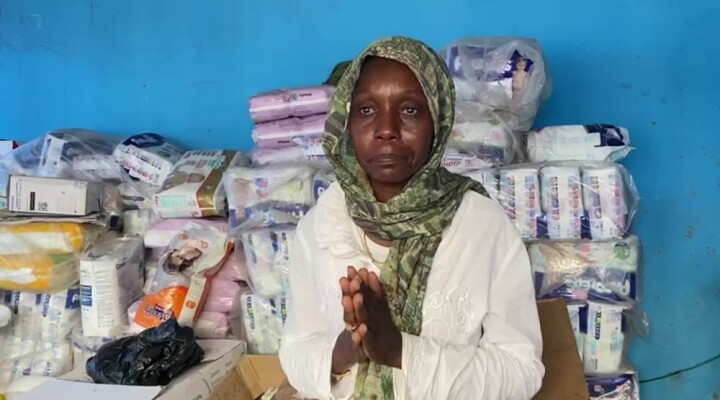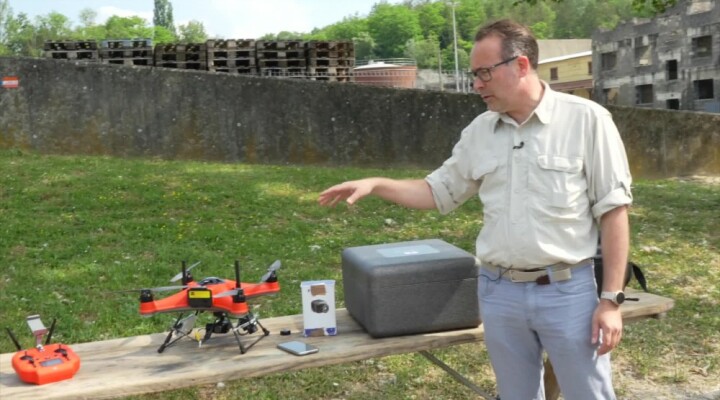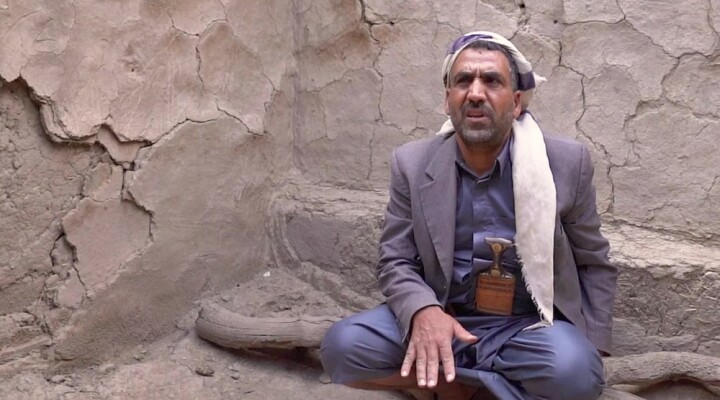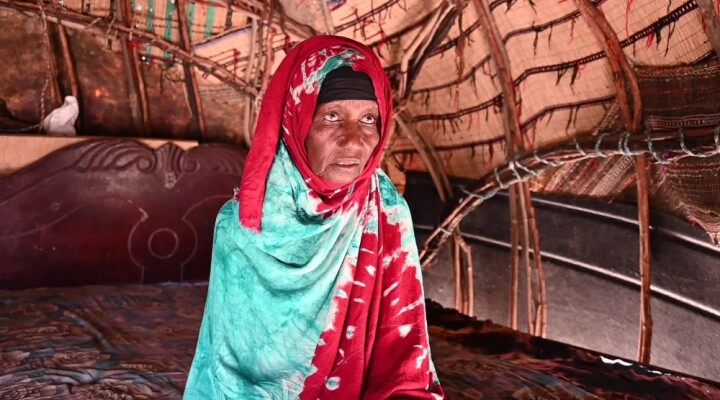ICRC President Jakob Kellenberger on Nuclear Weapons
Mr Kellenberger said recent positive developments such as the endorsement by the United Nations Security Council of the objective of "a world without nuclear weapons" and the recognition by Presidents Obama and Medvedev of their countries' responsibilities in reducing these weapons signalled an unprecedented opportunity to reduce and eventually eliminate the threat posed by these arms. Mr Kellenberger underscored the importance of next month's Review Conference of the Parties to the Treaty on the Non-Proliferation of Nuclear Weapons.
Mr Kellenberger recalled the testimony of ICRC delegate Marcel Junod, who was the first foreign doctor to bring assistance to victims of the atomic bombing of Hiroshima in 1945. "The centre of the city was a sort of white patch, flattened and smooth like the palm of a hand. Nothing remained," Mr Junod wrote after his visit on 8 September 1945. Witnesses told him that within seconds of the blast, "thousands of human beings in the streets and gardens in the town centre, struck by a wave of intense heat, died like flies. Others lay writhing like worms, atrociously burned."
Mr Kellenberger stressed that the death toll in Hiroshima and Nagasaki doubled or tripled over the five years following the blasts, and warned that 65 years later the world remained ill equipped to assist the potential victims of a nuclear strike. "Modern-day nuclear weapons would no doubt cause immeasurably more damage than the atomic bombs that hit Hiroshima and Nagasaki in 1945", the president said. Mr Kellenberger concluded that, "the ICRC finds it difficult to envisage how a use of nuclear weapons could be compatible with the rules of international humanitarian law."
SHOTLIST ATTACHED



